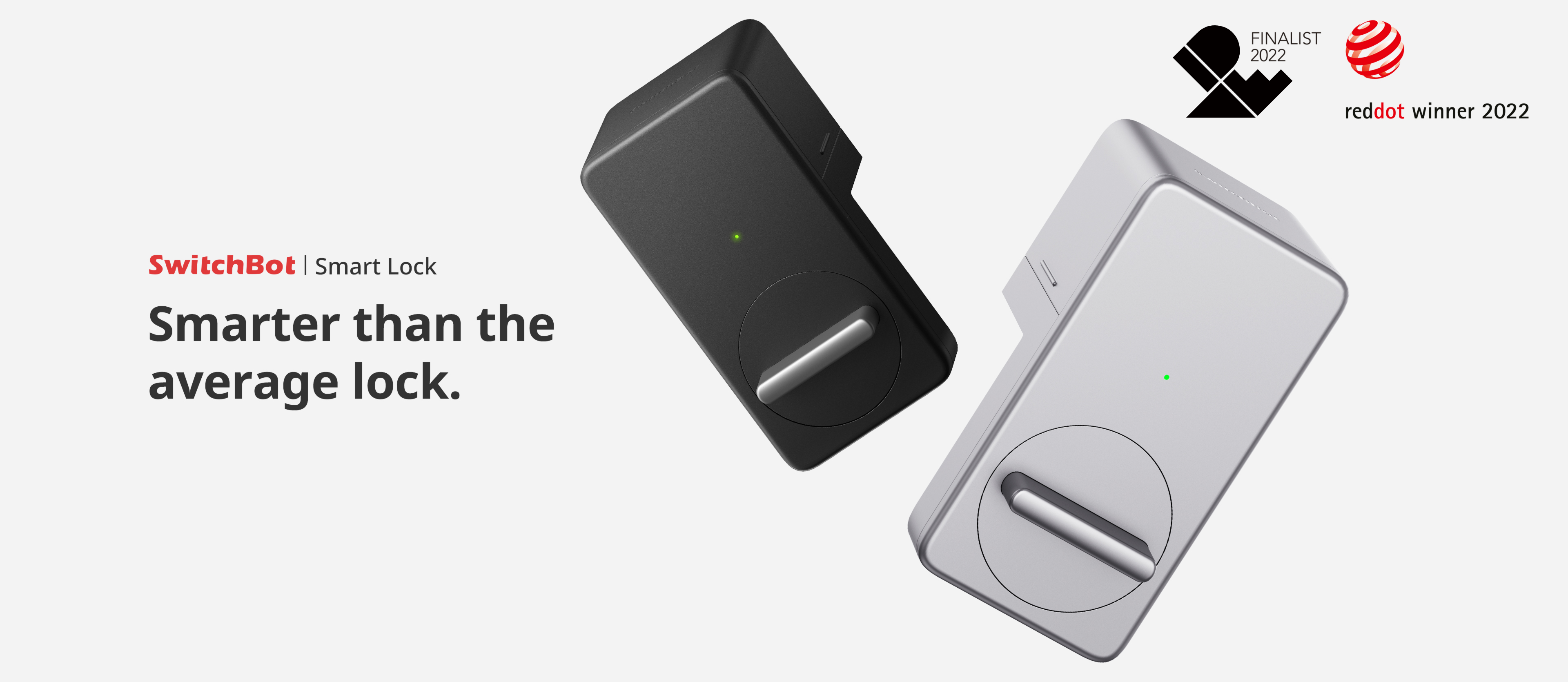Unlock the Future: Discover the Smart Lock That Will Change Your Home Forever!
In today's fast-paced world, the integration of technology into our daily lives is more critical than ever. One of the most innovative advancements in home security is the smart lock. These devices are rapidly gaining popularity among homeowners who seek enhanced security, convenience, and seamless technology integration. Smart locks not only provide a higher level of security compared to traditional locks but also offer features that make managing access to your home easier than ever. Imagine being able to lock or unlock your door from anywhere in the world using just your smartphone! As you consider investing in a smart lock, it’s essential to understand the myriad benefits and features they offer, paving the way toward a more secure and convenient home experience.

What is a Smart Lock?
A smart lock is a modern locking mechanism that allows you to control access to your home through digital means rather than traditional keys. The primary difference between smart locks and their traditional counterparts lies in their technology. Smart locks typically feature keyless entry systems, which can be operated through mobile apps, keypads, or biometric sensors like fingerprint recognition. This technology provides enhanced security features, such as temporary access codes for guests and alerts that notify you of unauthorized entry attempts. With the ability to connect to your home Wi-Fi, smart locks can be integrated with other smart home devices, making them a crucial part of a connected home ecosystem. Whether you're at home or away, smart locks offer you peace of mind, ensuring your home remains secure while providing the convenience of modern technology.
Benefits of Smart Locks
Smart locks come with a multitude of benefits that make them an attractive option for homeowners. Firstly, enhanced security is at the forefront; smart locks often feature advanced encryption and tamper alerts that traditional locks lack. You can also monitor who enters and exits your home in real-time, a feature that is particularly useful for families with children or frequent visitors. Another significant advantage is remote access; with the ability to control your lock from anywhere using a smartphone, you can let in guests or service people without needing to be physically present. Additionally, smart locks can integrate seamlessly with home automation systems, allowing for automated locking and unlocking based on your daily routines. This combination of security, convenience, and technology makes smart locks an essential component of modern home security, catering to the needs of families and tech-savvy individuals alike.
Factors to Consider When Choosing a Smart Lock
When selecting a smart lock, there are several crucial factors to consider to ensure that you find the best fit for your home. First and foremost, compatibility with your existing door is essential; not all locks fit every door type, so check dimensions and installation requirements. Security features should also be a top priority; look for locks that offer encryption, two-factor authentication, and alerts for unauthorized access. Battery life is another critical consideration, as some smart locks require regular battery replacements, while others may come with rechargeable options. Ease of installation is also important; some smart locks can be installed without professional help, while others may require a locksmith. Lastly, user reviews can provide valuable insights into the reliability and functionality of the lock you are considering. Taking the time to evaluate these factors will help ensure you choose a smart lock that meets your individual needs and enhances your home’s security.
Comparing Different Types of Smart Locks
Smart locks come in various types, each offering unique features and use cases. Deadbolts are among the most common smart lock designs and are ideal for securing external doors. They often provide enhanced security and are available in both single and double-cylinder variants. Lever locks, on the other hand, are more suitable for interior doors and can offer ease of use for those with mobility challenges. Smart padlocks are another option, particularly beneficial for securing gates, garages, or storage units, and they often come with unique features like temporary access codes for service personnel. When comparing these different types of smart locks, consider the specific needs of your home and the level of security required for each entry point. Understanding the features and limitations of each type will enable you to make an informed decision that best suits your lifestyle.
Key Takeaways on Smart Locks
In summary, smart locks represent a significant step forward in home security technology. They offer enhanced security, convenience, and integration with modern home automation systems, making them an excellent investment for any homeowner. With various types available, it’s crucial to consider your unique needs and preferences when selecting a smart lock. By weighing the benefits and factors discussed in this article, you can make an informed decision that not only protects your home but also simplifies your daily life. Embracing smart lock technology could very well transform your home into a more secure, convenient space, paving the way toward a smarter lifestyle.








